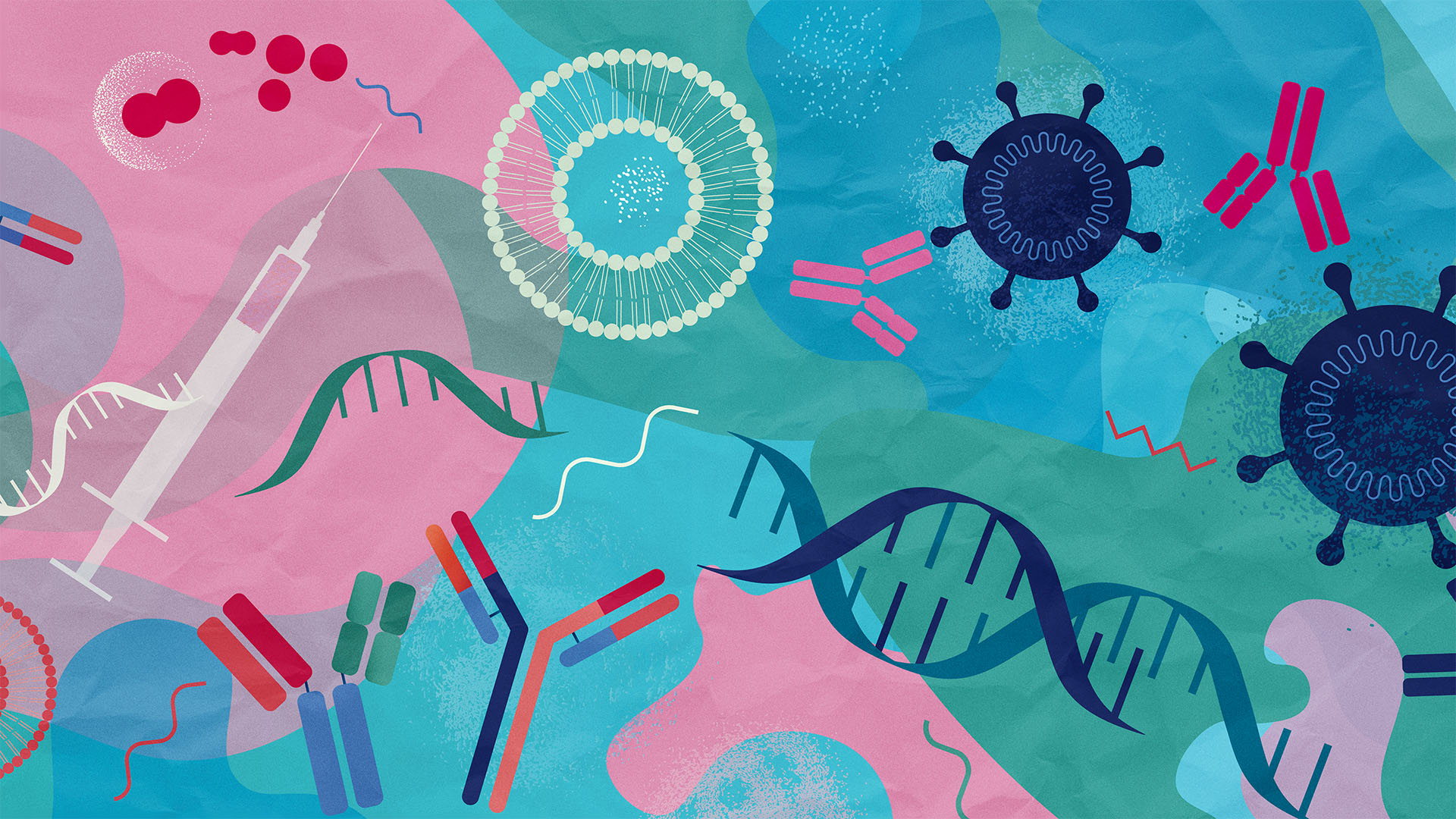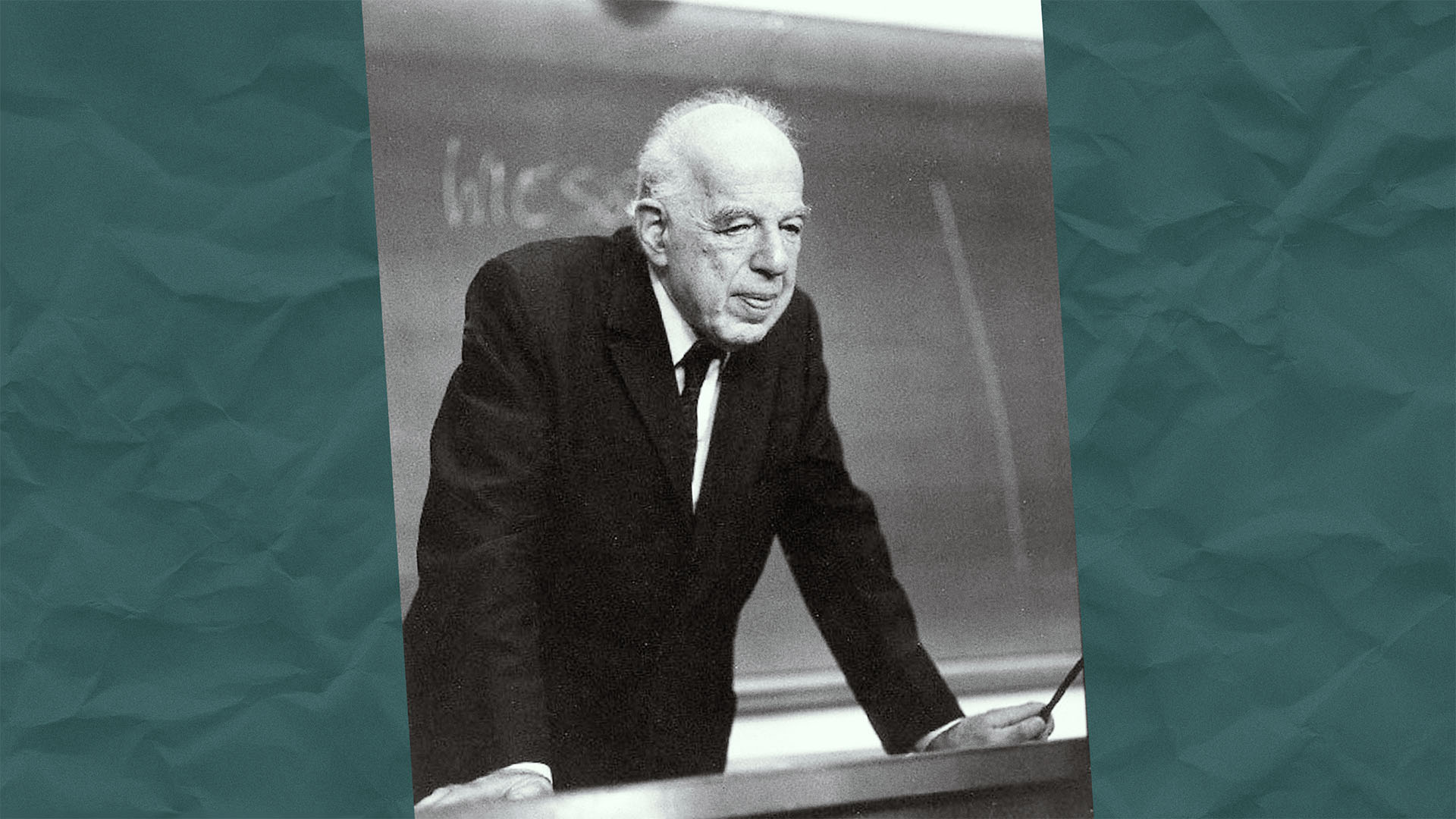First, the good news. In February, researchers at the Memorial Sloan Kettering Cancer Center in New York, in collaboration with the German pharmaceuticals company BioNTech, reported a promising development in the treatment of pancreatic cancer, one of the deadliest of all cancers. The team has devised an mRNA vaccine that can train the patient’s own immune system to recognise and attack tumours – a form of immunotherapy, variants of which have been proving effective against other types of cancer.
Current survival rates for pancreatic cancer are dismaying: only around 20% of cases are operable, and just 13% or so of people diagnosed with it will subsequently live for longer than five years; half die within three months. The goal for a vaccine is to teach components of the immune system called T cells to recognise target sites that are highly specific to tumour cells, so that the immune system attacks those cells and not others in the body. That’s especially challenging for pancreatic cancer because the cells have few distinguishing features.
Vaccine technology based on mRNA became familiar with the Covid vaccines, those made by Moderna and by Pfizer/BioNTech using this relatively new technique. The vaccine introduces mRNA molecules into the body that encode the proteins produced by the target – in that case, by the SARS-CoV-2 virus, but for cancer vaccines these would be types of protein specific to the cancer cells. Such vaccines can be tailored to the individual patient, since different tumours will tend to generate slightly different mutant proteins.
The Sloan Kettering team has been working on this vaccine for several years, and reported an initial trial in 2023. The new results are from a Phase I trial – a small-scale study to see if the treatment is effective at all. Of the 16 patients tested, half responded by producing T cells that targeted tumours. And encouragingly, those immune cells seemed likely to persist for an average of eight years to fight recurrences of the cancer.
That’s all promising, but it’s still early days, and unclear if such responses will actually extend patient lifespans. Still, Pancreatic Cancer UK has said: “It is genuinely thrilling to see this progress in a cancer so under-served for so long.”
In the face of all this, the bad news is hard to process. It is simply this: Donald Trump’s health secretary, Robert F Kennedy Jr, may be looking to shut down all funding for work on mRNA vaccines. In early March, researchers working at the US National Institutes of Health, the main funder of biomedical research, were told to compile a list of all grants for research on mRNA vaccines – a move widely interpreted as the preface to termination of those grants. One such, a study at Columbia University in New York on the Covid mRNA vaccines, has already been cut.
Researchers at NIH are now being advised not to mention mRNA vaccines in any grant applications. Immunologist Drew Weissman, who shared the 2023 Nobel Prize for his work in developing the mRNA technology, told Nature: “Never in my life did I think that the government would turn against a field of research for non-scientific reasons. I feel mostly bewildered, because the potential for RNA is so enormous.”
Despite Weissman’s comments, all this was sadly predictable once Kennedy was appointed. He is anti-vaccine generally, and in 2021 he tried to reverse regulatory approval for the mRNA Covid vaccines, saying they were the “deadliest vaccine ever made” – a claim that was absurd even at the time. The safety of the mRNA jabs is now clear: they are in fact surely one of the most life-saving vaccines ever made, having saved an estimated 14 million lives in their first year of use.
Weissman’s bewilderment comes from trying to understand these actions rationally. The Trump administration demands a more anthropological approach. To the likes of Kennedy and the Republican governor of Florida, Ron DeSantis, “mRNA” is a taboo in the sense articulated by Freud in 1918: a notion that elicits what Freud called holy dread. “The taboo prohibitions lack all justification,” he wrote. “Though incomprehensible to us, they are taken as a matter of course by those who are under their dominance.”
It’s another indication that the dictatorship taking shape in the US is of a peculiar kind: less fascistic than atavistic and totemic, its chiliastic belief system inflected by the techno-theology of Silicon Valley and immune to evidence-based reasoning.
Science has not really faced such an opponent before.




